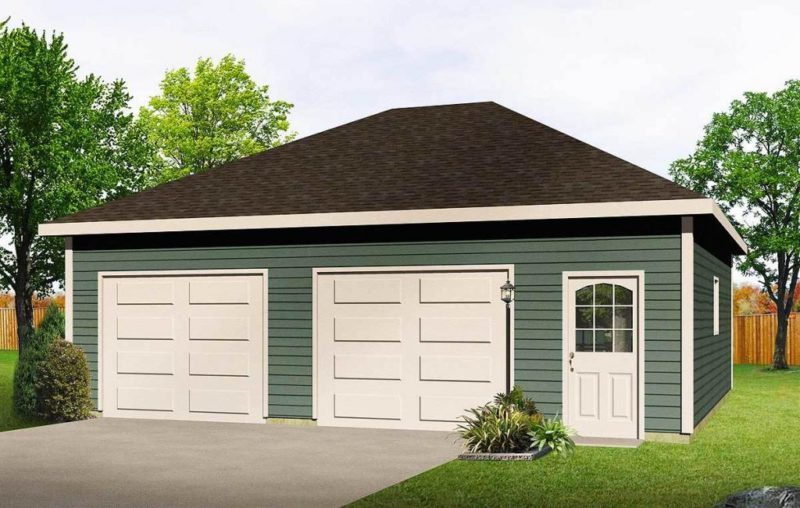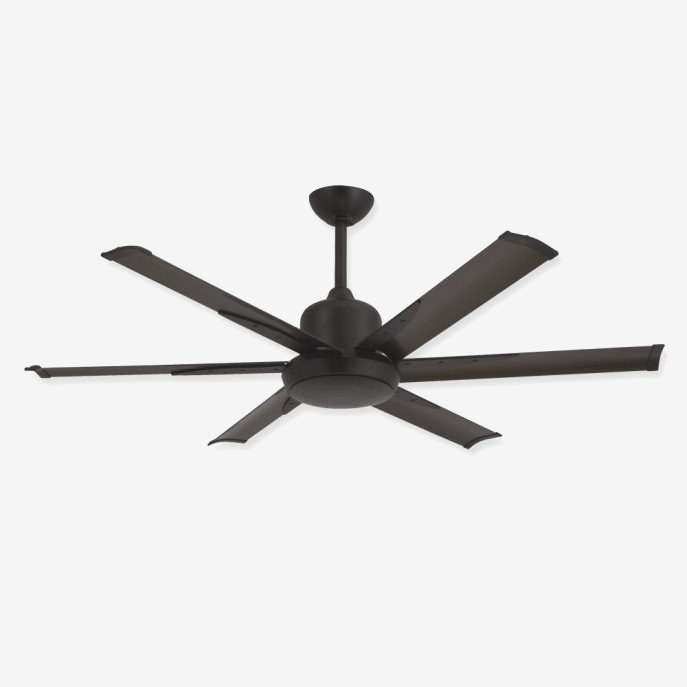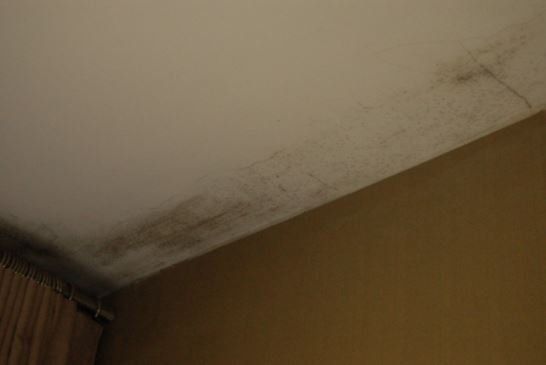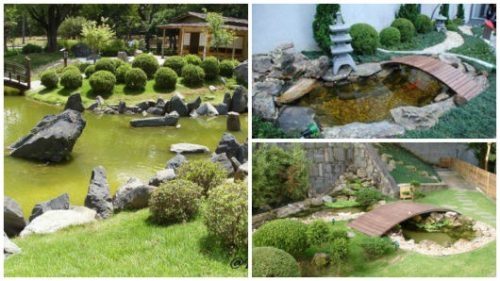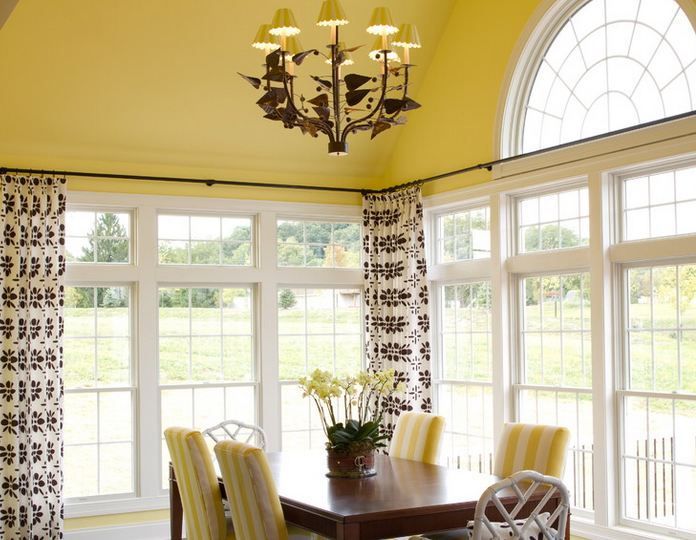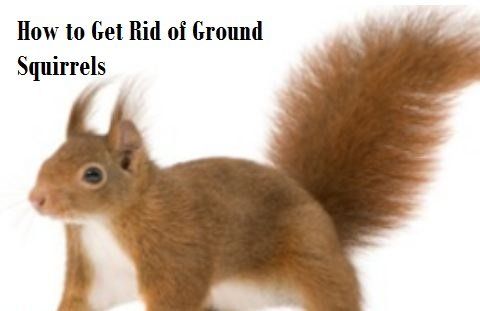Roofing terminology can be difficult to understand unless you are a builder or a roofer. The terms are used to break the various areas of a roof and a “rake ” is one of the many sections of the deck. The rake isn’t exactly on the roof. It is a term that describes the slanted sides of a Gable end. The rake can be smooth without the overhang, or it can lift the Gable end like an eave. The hanging rake then locks with the soffit and fascia or opens to the left. A roof rake can be intricately designed.
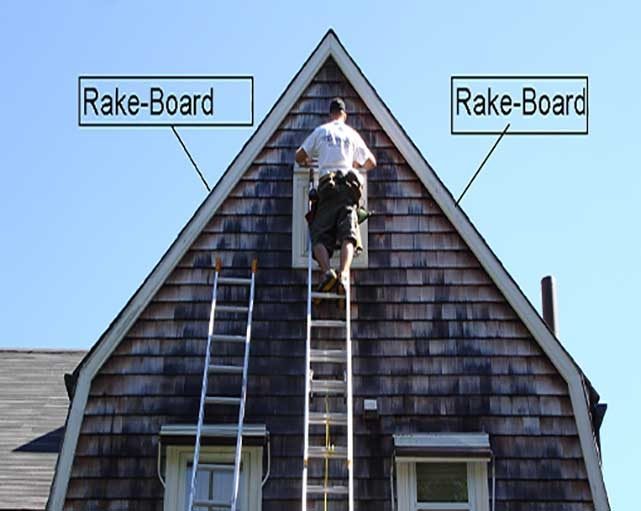
Types of Roof Rakes
There are three types of roof rakes: hanging exposed, overhanging and boxed, and abbreviated or extended. The exposed rakes are often in sheds or lodges. The beams and the framing in the Greens are left open. A closed rake is boxed. The soffit is usually 6 inches or less wide and simple in design; This is one of the most common types. The hanging rake is wider. Its soffit is generally wider than 6 inches and may have more intricate details.
Rake Board Composition
Rake plates are cut from multiple types of substrates such as pine and cedar, smart plate, PVC plate and concrete sheet. The type of rake plate used by a builder is based on the style of adornment and fascia in the rest of the house or building. Rake plates can be wrapped in metal to match the fascia wrapped in metal or painted to match the painted trim.
The purpose of a rake table
Rake Plate covers the top edge of the siding where it meets the roof, or the soffit if there is a lump at the end of the Gable, and prevents the rain from running behind it. The rake plates are installed at the ends of the brick houses to cover the exposed top edge of the brick.
Size and type of roof rake plates
The roof rake plates are installed in different widths depending on the surface being covered. Rake plates of one by 2 inches often cover the exposed top edge of the liner when there is also a ledge at the end of the Gable. Use larger rake plates, such as 1 by 4 inches and 1 by 6 inches, when there is an infinity ledge at the end of the Gable. The top edge of the plate rests against the roof cover and the bottom edge covers the siding or brick. The length of a rake plate varies depending on the length of each side of the Gable.

